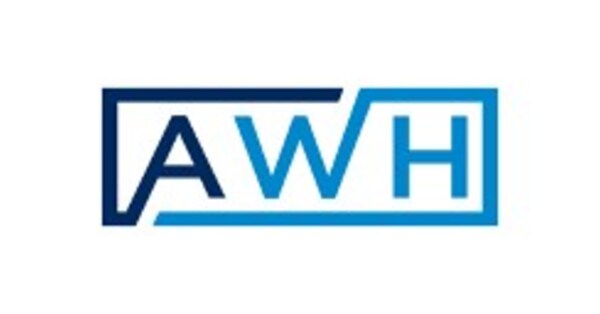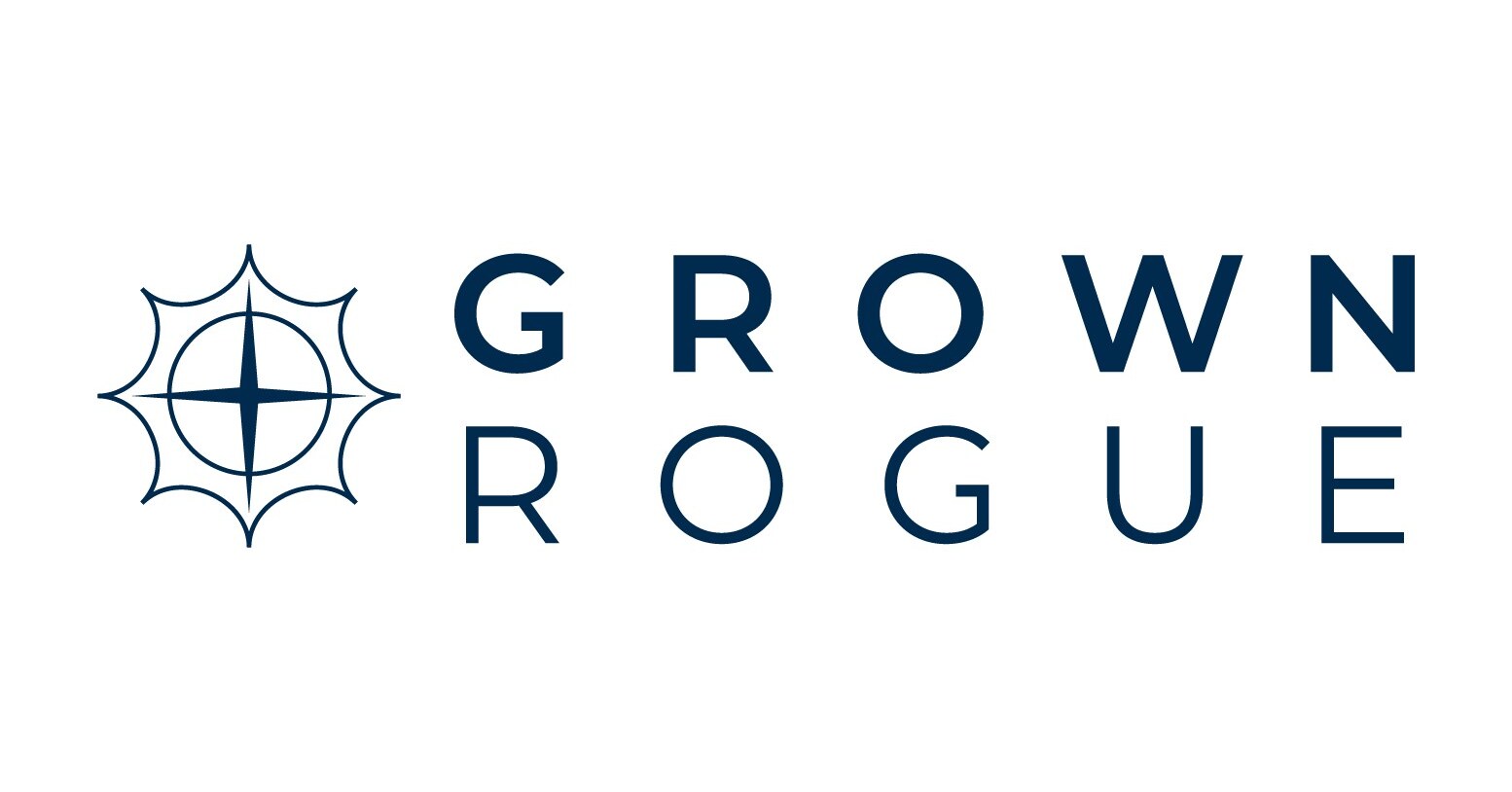- Baked In
- Posts
- ⚕️Florida Is Already Feeling The Heat Around Adult Use Cannabis
⚕️Florida Is Already Feeling The Heat Around Adult Use Cannabis
GM Everyone,
Happy Monday.
💸 The Tape
Florida’s cannabis drama is back for an encore — complete with lawsuits, election intrigue, and a governor who just can’t quit fighting weed.
Trulieve, the state’s largest medical marijuana operator, has already poured nearly $26 million into reviving Smart & Safe Florida, a campaign to get adult-use legalization on the 2026 ballot. But Gov. Ron DeSantis isn’t just saying no — his administration is accused of quietly rewriting the rules mid-game.
The pro-legalization committee filed a lawsuit last week after state election officials ordered counties to invalidate up to 200,000 previously verified petition signatures, claiming organizers failed to mail voters the full text of the amendment. The group argues that nothing in Florida law requires such a step and that the state’s sudden reversal is “unlawful” and politically motivated.
The dispute escalates as a state grand jury reportedly investigates whether DeSantis allies improperly funneled $10 million in Medicaid settlement funds into a foundation run by First Lady Casey DeSantis, which later donated millions to the campaign opposing the 2024 legalization amendment.
That earlier initiative won 56% support — a majority, but shy of Florida’s high 60% threshold. And while Donald Trump publicly supported legalization, DeSantis led a counter-offensive, framing it as a fight to “protect families” from Big Cannabis. The defeat didn’t stop advocates; they retooled their language to address Republican criticisms about public consumption and youth marketing and started collecting signatures again.
Now they’re back in court — and running out of time. Despite surpassing 75% of the required 880,000 signatures, DeSantis’s Department of State still hasn’t forwarded the measure to the Florida Supreme Court for mandatory legal review, even though state law says the referral should happen “immediately.” If the court doesn’t approve the language by April 1, the initiative could be blocked from the ballot altogether.
Meanwhile, Attorney General James Uthmeier — a longtime DeSantis lieutenant who helped sink the last measure — insists he hasn’t been officially notified to act.
It’s all starting to look less like democracy and more like bureaucratic jiu-jitsu.
If the legal smoke clears, Floridians could once again vote on recreational cannabis in 2026. But given the state’s track record — and the governor’s determination — Round Two may be just as messy, litigious, and politically charged as the first.
The Sunshine State might legalize pot someday, but right now, it’s mostly lawyers getting baked.
📈 Dog Walkers
$ROMJ.TSX ( 0.0% ) Hits Major Cultivation Milestone
What’s Going On Here: Rubicon Organics Inc. (TSXV: ROMJ | OTCQX: ROMJF), Canada’s leading producer of organic, premium cannabis, announced that its new Cascadia facility in Hope, British Columbia has officially received its Health Canada license to cultivate, process, and store cannabis — marking a pivotal step in the company’s next growth phase.
The 47,500 sq. ft. indoor facility adds an incremental 4,500 kilograms of annual production, a 40% boost over existing output, bringing Rubicon’s total capacity to approximately 15,500 kilograms of premium cannabis per year. The facility features advanced cultivation technology designed to optimize quality and yield across select strains.
Operations at Cascadia are now underway, with first revenue expected in the first half of 2026, as Rubicon prepares to scale its award-winning product lineup across Canada and into emerging international markets.
“The receipt of this license is a significant step in the transformation of Rubicon Organics,” said Margaret Brodie, CEO. “This additional 40% capacity will allow us to meet unmet demand for our premium products and begin addressing global opportunities for the Rubicon brand.”
In a nod to its West Coast roots, Rubicon also unveiled the official names of its facilities:
The Delta, B.C. site will now be known as Pacifica.
The Hope, B.C. site adopts the name Cascadia.
Together, Pacifica and Cascadia reflect Rubicon’s commitment to craft, sustainability, and expansion—both at home and abroad.
Bottom line: Rubicon’s new license signals not just growth, but a maturation of its operational platform — positioning the company to meet surging demand for organic, high-end cannabis across Canada’s premium segment and beyond.
Minnesota Is A Mess
What’s Going On Here: Minnesota’s newly legal cannabis market is feeling the high of regulation — but not the supply to match.
Just ask Mark Eide, owner of In-Dispensary, the first licensed retail microbusiness in Minneapolis. He’s got the license, the location, and the ambition — but not the product. “All day long I take phone calls to tell people no, we don’t have anything to sell,” Eide told MPR News. “Then they ask when I will — and I have no clue.”
He’s one of 40 licensed dispensaries across Minnesota waiting on cultivators who simply don’t have inventory yet. As of this week, there are 61 licensed cannabis businesses statewide, but only four entities legally able to wholesale product: the White Earth Nation, Mille Lacs Band of Ojibwe, and Minnesota’s two medical providers, RISE and Green Goods. Everyone else? Just waiting for seeds to grow and regulators to catch up.
Eide’s frustration mirrors that of many operators squeezed by red tape and razor-thin margins. He’s already laid off two staff — including his brother — to keep the lights on. Meanwhile, tribal producers like White Earth are still navigating Metrc compliance hurdles that delay product transfers to state licensees.
For now, Minnesota’s rollout feels like a case study in what happens when legislation outruns logistics. Retailers have storefronts but no stock, patients have interest but no access, and cultivators have regulation but no runway.
As one frustrated owner put it: “It’s like getting a driver’s license — but there’s no car to drive.”
Bottom line: Minnesota’s cannabis market is officially open for business. It just needs cannabis.
🗞️ The News
📺 YouTube
DeSantis Admits Legalization Is Popular in Florida | TTB Weekly Recap
What we will cover:
✅ From Florida politics to federal research breakthroughs — what’s really shaping the cannabis industry this week? In this episode, we cover Governor Ron DeSantis finally admitting marijuana legalization is popular with Florida voters, Wisconsin’s long-awaited medical cannabis bill, and new data showing how access to cannabis actually cuts opioid prescriptions nationwide.
The TDR Trade To Black Weekly Recap presented by Dutchie. Host Shadd Dales breaks down the biggest headlines: Verano’s new HYPHEN vape device redefining cannabis hardware, Governor Gavin Newsom vetoing a California medical-delivery bill, and Target quietly entering the THC drink market in Minnesota. Plus, updates from Avant, Curaleaf, Planet 13, AYR Wellness, and regulators in New York and Washington. It’s a week packed with policy shifts, business expansions, and market-moving headlines across the cannabis world.

